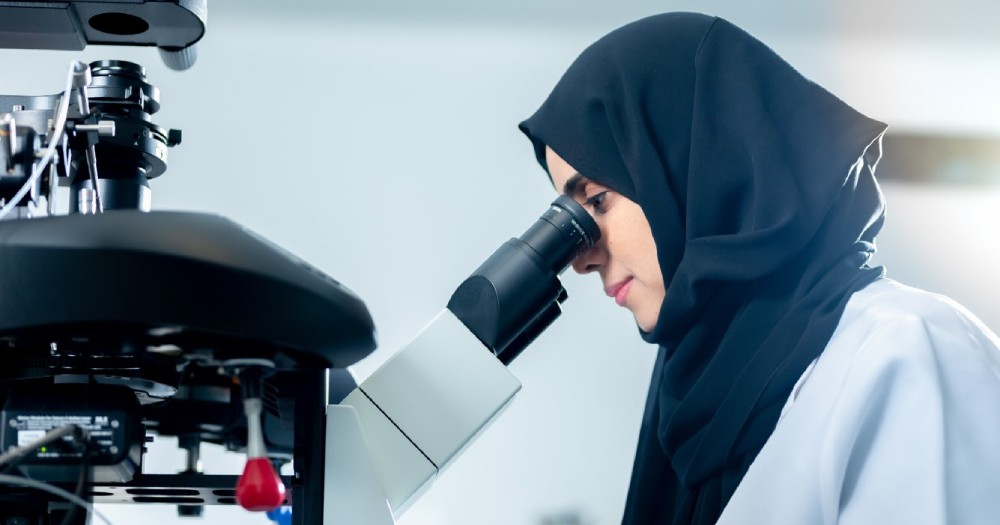Abu Dhabi DoH publishes Healthcare Workforce Bioethics Guidelines

The Department of Health - Abu Dhabi (DoH) has recently unveiled a groundbreaking set of Healthcare Workforce Bioethics Guidelines. The initiative marks a significant step forward in standardizing ethical practices across Abu Dhabi's rapidly evolving healthcare sector.
Bioethics, which explores the ethical dimensions of health and technology, has become increasingly important as advances in biology, medicine, and related sciences continue to reshape healthcare. The new guidelines aim to provide a robust framework to ensure ethical considerations keep pace with these technological innovations.
How does it work?
The guidelines were meticulously crafted through a series of workshops that brought together more than 120 global experts in bioethics. This collaborative effort, which included consultations with both local and international authorities, was designed to address the most pressing ethical challenges the healthcare sector faces today.
The guidelines align with existing bioethical laws and seek to enhance the overall quality of healthcare by providing clear directives for healthcare professionals.
Her Excellency Dr. Noura Al Ghaithi, Undersecretary of the DoH, emphasized the importance of these guidelines, stating, "Our ethical standards must reflect the dynamics of the market while considering the cultural values of the community we serve."
Why does it matter?
As Abu Dhabi's healthcare sector continues to expand, driven by innovations such as artificial intelligence, genomics, and personalized medicine, maintaining high ethical standards becomes ever more critical. The Healthcare Workforce Bioethics Guidelines provide a framework ensuring responsible adoption of these cutting-edge technologies.
Dr. Noura Al Ghaithi highlighted the significance of this approach, noting that it "is crucial in maintaining the integrity of the healthcare system while embracing technologies that enhance patient care and outcomes."
Additionally, the guidelines enhance preparedness for atypical events, equipping the healthcare sector to handle emergencies and crises while upholding rigorous ethical standards.
The context
These guidelines were developed in partnership with the UAE Ministry of Health and Prevention (MOHAP) and the Sharjah Health Authority (SHA) and are now recognized as a national reference for ethical considerations in healthcare. Building upon the Code of Ethics and Professional Conduct for Health Professionals issued by MOHAP in 2017, the Healthcare Workforce Bioethics Guidelines are part of a broader effort to elevate Abu Dhabi's healthcare sector on the global stage.
Dr. Rashed Obaid Al Suwaidi, Executive Director of the Healthcare Workforce Planning Sector at DoH, underscored the relevance of these guidelines, stating, "By establishing a uniform set of ethical standards, the guidelines ensure that healthcare professionals across the emirate adhere to the highest ethical principles, fostering trust and confidence among patients and the community."
The guidelines cover a wide range of ethical considerations, including community well-being, women's health, mental healthcare, organ donation and transplantation, medical tourism, clinical research, and the use of innovative medicine. This comprehensive approach underscores Abu Dhabi's commitment to ethical excellence and its ambition to be a leader in the global healthcare landscape.
💡Did you know?
You can take your DHArab experience to the next level with our Premium Membership.👉 Click here to learn more
🛠️Featured tool
 Easy-Peasy
Easy-Peasy
An all-in-one AI tool offering the ability to build no-code AI Bots, create articles & social media posts, convert text into natural speech in 40+ languages, create and edit images, generate videos, and more.
👉 Click here to learn more


